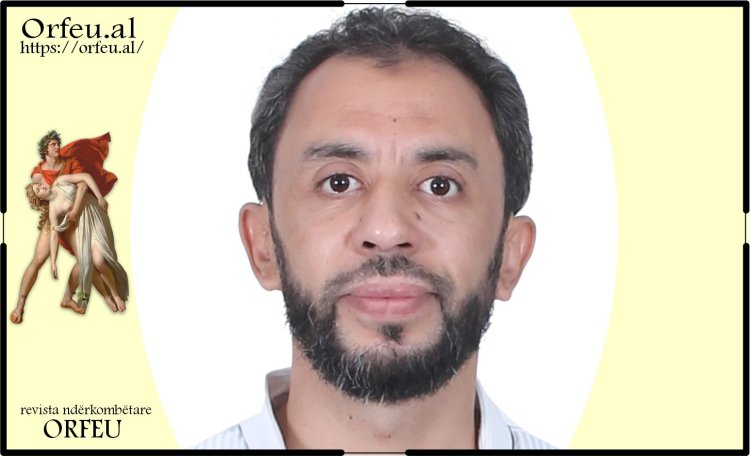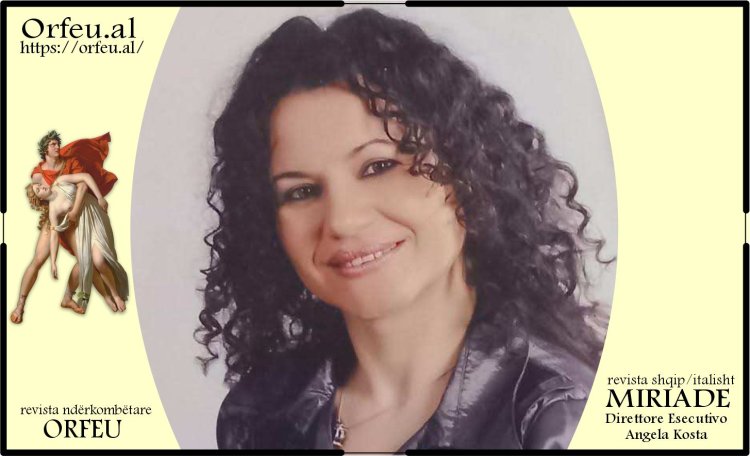THE LIBYAN CULTURAL SOCIETY IN THE TEXT OF MUHAMMAD AL - QADDAFI MASOUD
He wants his texts to be a tool to shatter the monotony in which people live, and a specific measure of poetry written by poets who do not deviate from what they have read, whether in school curricula or through the collections issued by the poets present on the Libyan cultural scene. He chooses shocking titles that are almost unacceptable to the recipient, such as ‘Arjun's Slaughtered Groans’, ‘More... Less’, and ‘Almonds of Meaning’. Less’ and “Almonds of Meaning” are titles that express their provocation to the reader who is used to familiar titles that throw their meanings from reading them, so they do not need to stop and try to recognise what made the poet present them at the front of the text... If we close the doors of the text and enter, we will find ourselves as recipients looking for pearls of content and treasures of the interior, we are in front of texts that include words that oppose the flow of the text in reading it, and try to stab the reading taste in the heart of the text: ‘I tried to hide behind my shoes / but they failed me / by stepping aside’, and “I walked zigzagging / throwing a stone at the shadow / and it came back with bullets / and bleeding bones.” These texts carry within them the spirit of the poet's rebellion against all that aligns with reality and is subject to it. The poet's self here declares her rebellion, as she comes up with misplaced vocabulary to produce a confused image in the mind of the recipient.
HAIKU TEXT
In haiku texts, the poet excels in creating beautiful images that appeal to the taste of the recipient, who finds meaning in them and comes out of them with meanings. In the haiku ‘He knows and does not know’, the image is beautiful and expressive, as he condemns those who look at others as nobodies without realising that he is the nobody and the others are the known.
(Zaid Al Shaheed - Critic from Iraq)
Prepared Angela Kosta Executive Director of MIRIADE Magazine, Academic, journalist, writer, poet, essayist, literary critic, editor, translator, promoter



